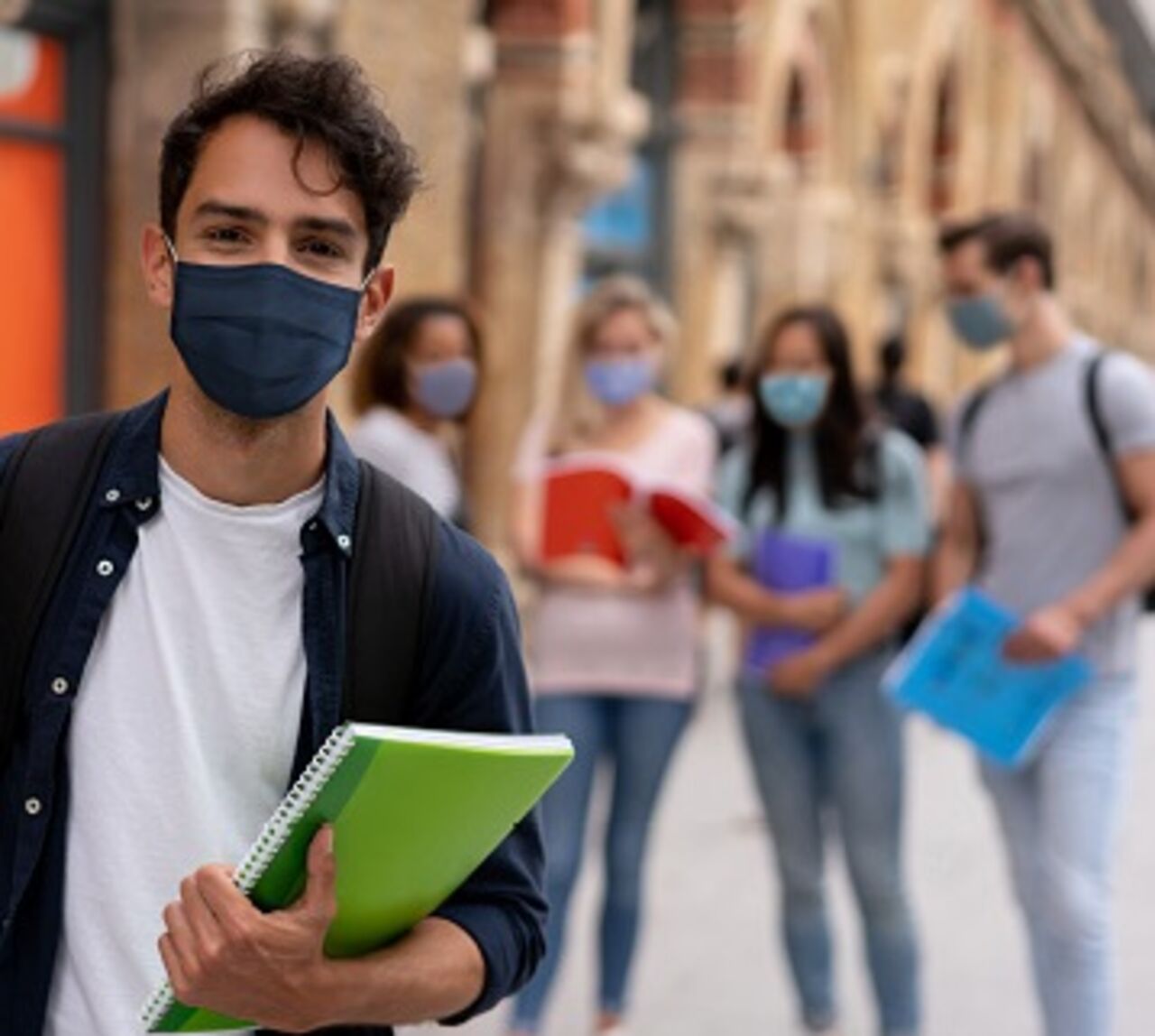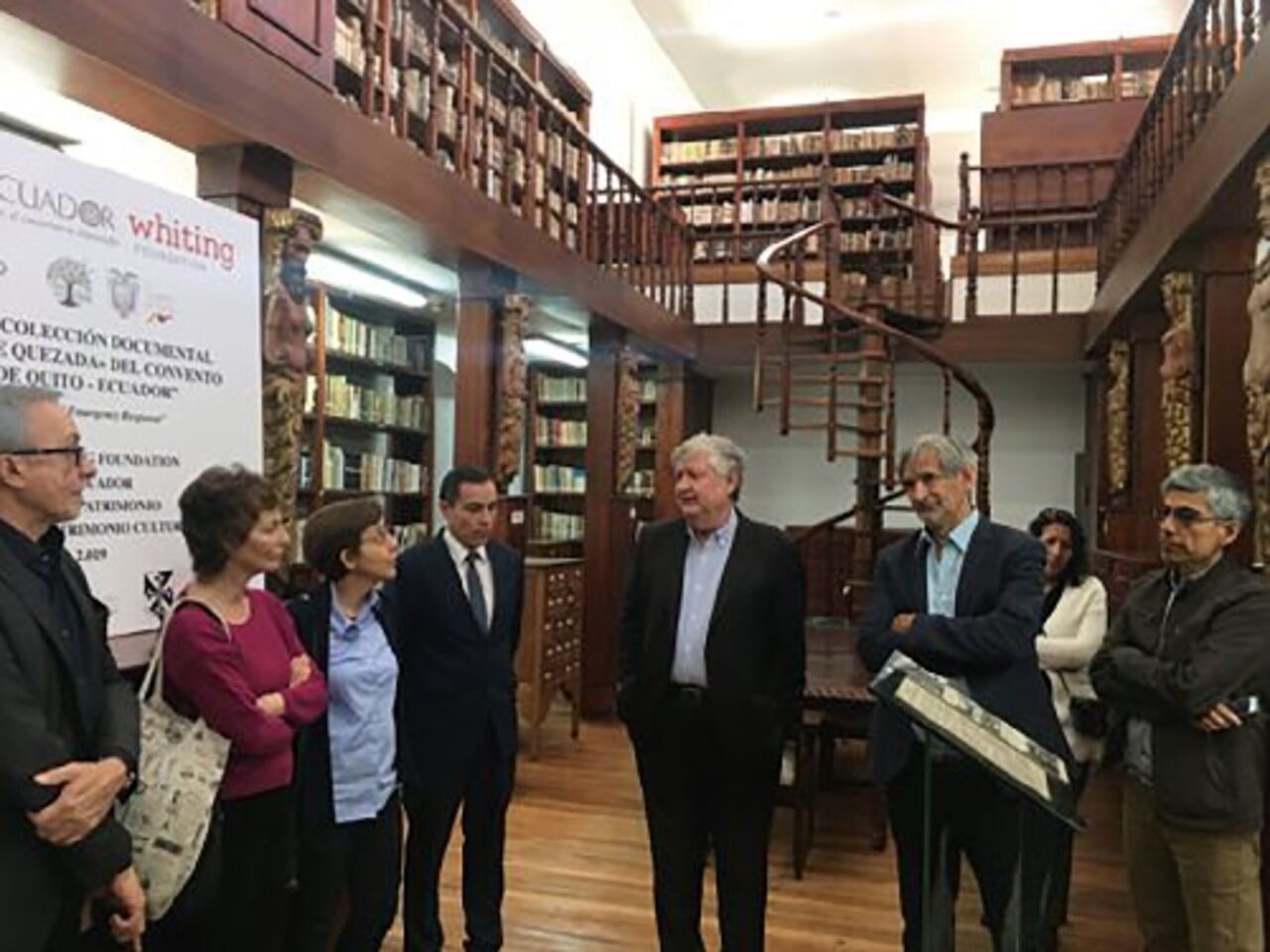All mobility programmes were badly affected by the health crisis in 2020. Like all French universities, Université Gustave Eiffel invited its students who were abroad to return to France, which a lot of them did. Exceptional financial support was offered for those who needed it. For mobility trips that had been planned but had not yet begun, alternative solutions were found with the partner universities, notably through remote tutoring and online seminars.
The same was true for mobility trips among the University’s researchers and teacher-researchers, who postponed their projects. Our ability to welcome guest professors was also badly affected and many of them had to cancel or return home early. Nonetheless, a few mobility trips were still able to go ahead despite the exceptional circumstances. Two examples are given in the following pages. Similarly, several LIAs (International Associated Laboratory) for staff and student mobility were able to be created in spite of the circumstances.



